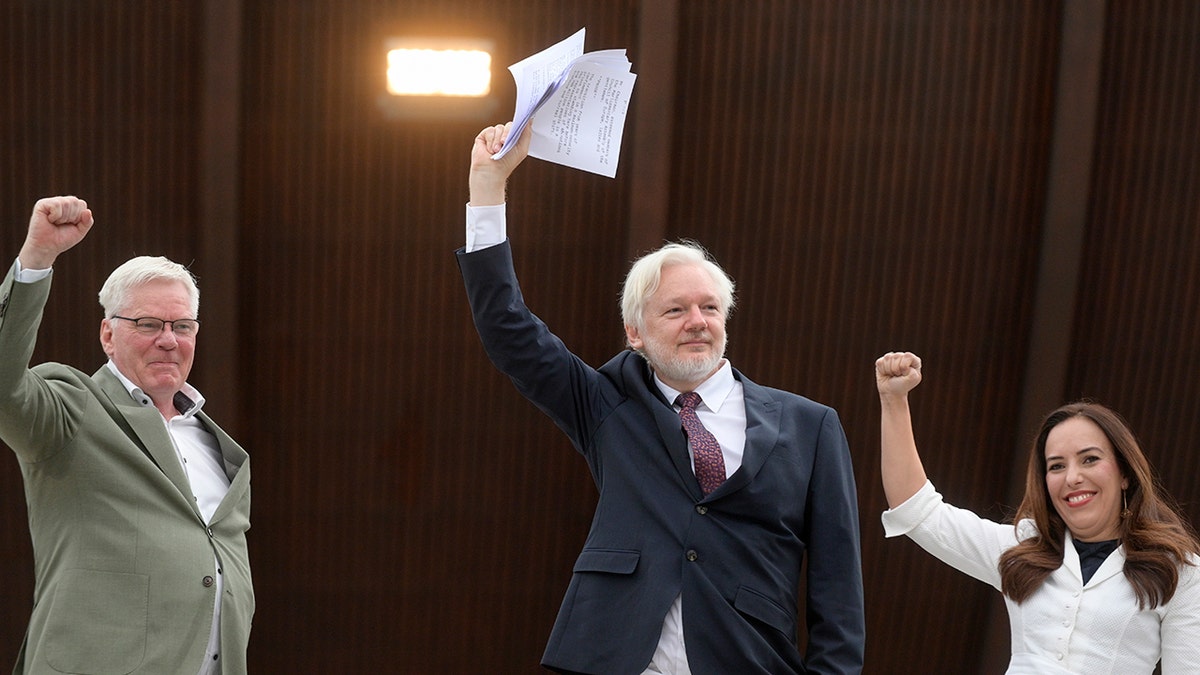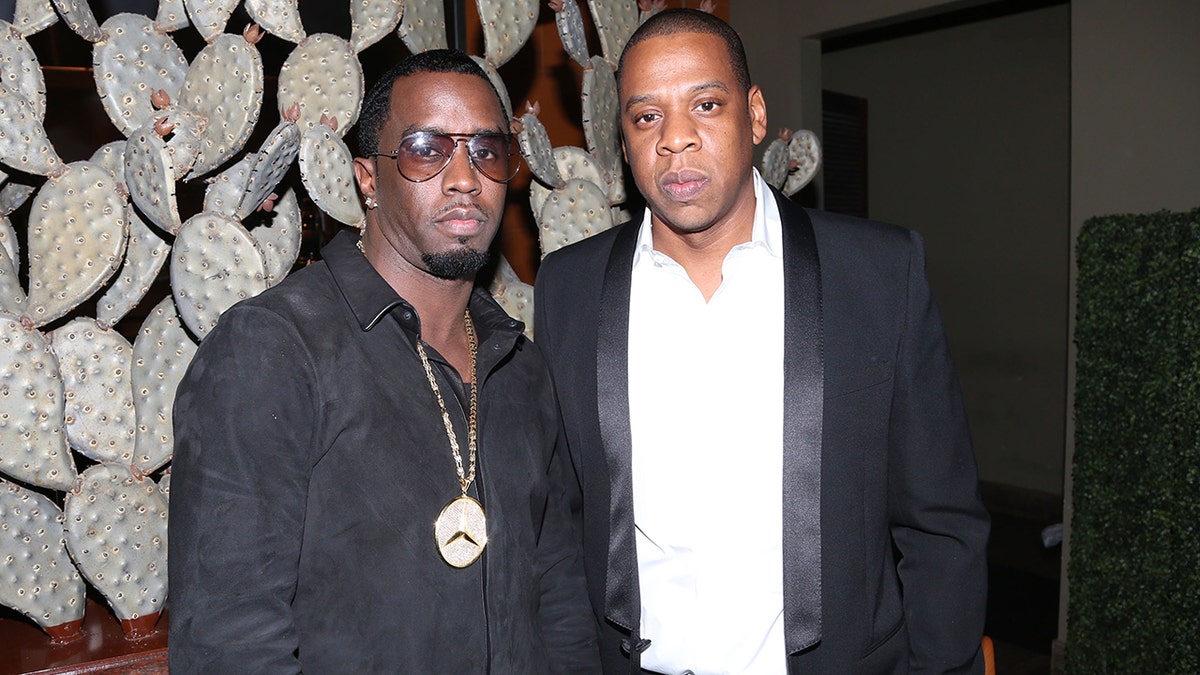An 18-year-old female soccer player in England received a six-game suspension for questioning the eligibility of transgender athletes on an opposing team. This marks the second reported instance of a young female player facing disciplinary action for raising concerns about the gender identity of competitors, as reported by The Telegraph.
The incident occurred in September during a match where the player, who reportedly has ADHD and other learning difficulties, inquired with referees about the eligibility of the opposing team's goalkeeper and other players. The questioning led to a sanction by the National Serious Case Panel, resulting in a six-game ban (two games suspended), mandatory online education, and disciplinary points against her club.
The player described the transgender opponents as "extremely aggressive" in a statement to The Telegraph, adding that she hadn't taken her ADHD medication due to another medical condition. She expressed feeling disheartened by the situation, stating, "It kind of made me hate football. If I say anything else, I get another six-game ban. So I can’t even stand up for myself at this point."
A similar incident occurred in November when a 17-year-old autistic player received a six-game ban (four suspended) for allegedly asking a transgender opponent, "Are you a man?"



The Football Association (FA) in England permits biologically male individuals aged 16 and older who identify as female to participate in women's competitions. This policy aligns with the Equality Act of 2010, which protects transsexual individuals from discrimination. The FA maintains that restrictions on transgender participation in sports should only be implemented when absolutely necessary for fair competition and the safety of other competitors.
This policy was evident in the U.K. Mini Series pool women's championships in October, where transgender competitors Harriet Haynes and Lucy Smith competed. Both advanced to the semifinals after defeating biological female opponents. While Haynes ultimately lost in the finals to Kirsty-Lee Davies, the inclusion of transgender athletes in women's sports continues to spark debate and scrutiny.
A United Nations report highlighted the impact of transgender athletes on biological female competitors, stating that nearly 900 biological females have lost podium positions to transgender athletes. The report, titled "Violence against women and girls in sports," by Reem Alsalem, the UN's Rapporteur on Violence Against Women, analyzed data up to March 30 and found that over 600 athletes missed out on medals in more than 400 competitions across 29 sports, totaling over 890 medals. The report argues that replacing female sports categories with mixed-sex categories leads to lost opportunities for female athletes.








